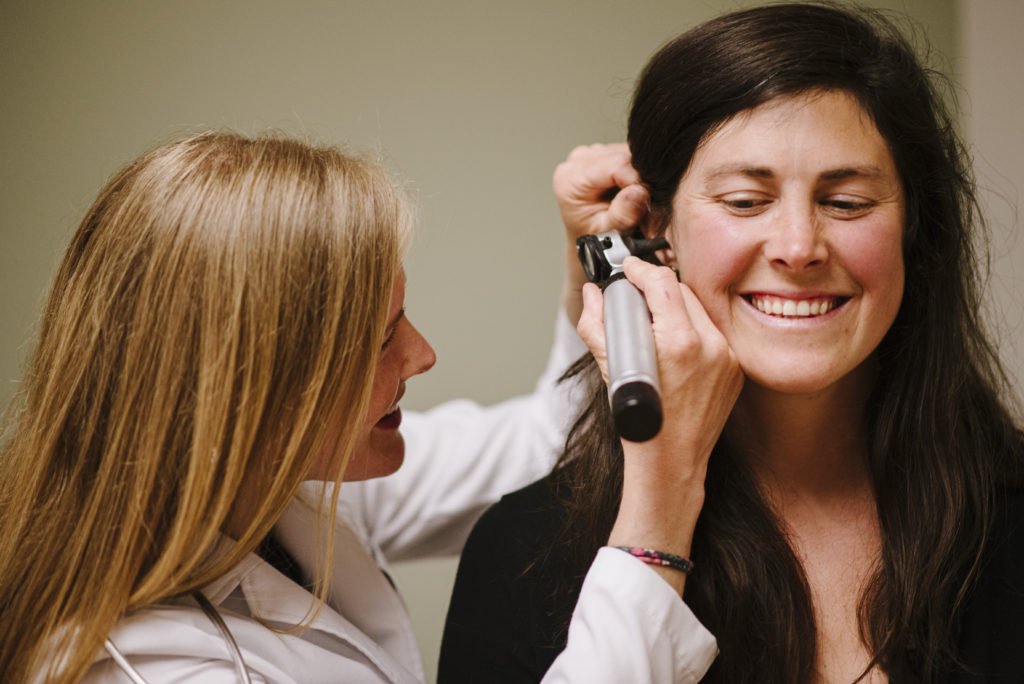How can Naturopathic Medicine help you?
Naturopathic medicine is a distinct primary health care profession, emphasizing prevention, treatment, and optimal health through the use of therapeutic methods and substances that encourage individuals’ inherent self-healing process. The functional medicine approach of naturopathy uses a detailed understanding of each patient’s genetic, biochemical, and lifestyle factors to personalize treatment plans to treat underlying causes of disease and promote wellness.
Naturopathic Advantages and Benefits
- A wider variety of healing tools – Your Naturopathic Doctor combines natural, traditional healing methods with conventional, modern-day medicine
- Not just symptom management – Take your health further than symptom management. With Naturopathic medicine you address the cause of your health imbalance. You not only feel better, your health outcomes are better.
- Individualized care for you – Receive tailored treatment programs to suit your specific needs. Naturopathic Doctors listen, and are committed to you as a person, rather than simply focusing on a disease.
- A natural medicine expert – Are you interested in herbs and vitamins, but don’t know which are right for you? Your Naturopathic Doctor is a natural medicine expert. As a licensed physician, Naturopathic Doctors have spent a minimum of four years in medical school studying natural and conventional approaches to health.
- Optimize your health naturally – Support your body’s ability to heal itself naturally. Learn about healthy foods and lifestyle habits to bring you back into a state of wellness.
- Prevent disease – Avoid symptoms before they develop. Prevention through healthy living helps you get healthier today and stay healthier tomorrow- saving you medical expenses in the long run.
Discover Naturopathic Medicine
Naturopathic medicine combines natural, traditional healing methods with conventional, modern-day medicine.
Born out of the Nature Cure movement, Naturopathic medicine originates over 200 years ago. This 19th Century movement emphasized the healing power of fresh food, clean air and water, regular movement, adequate rest and sunlight, and the use of herbal medicine. In the early 1900s there were more than 20 Naturopathic colleges, and Naturopathic physicians where licensed in a majority of states. Sadly, the Naturopathic profession and the Nature Cure movement almost disappeared completely in the 1940s and 1950s because of the popularity of pharmaceuticals and surgery. In the past 20 years Naturopathic medicine has seen an unprecedented resurgence, as a health conscious public seeks out alternatives to conventional Western medicine.
Naturopathic physicians are trained to provide you with safe, effective, affordable, and sustainable health solutions. NDs are trained as primary care physicians with an emphasis on natural therapies such as: nutrition, vitamin and mineral supplementation, herbal medicine, homeopathy, hydrotherapy, and bone manipulation.
Naturopathic doctors often use herbal medicine and homeopathic remedies with their patients, which can cause people to think of NDs as herbalists or homeopaths. However, NDs have a much broader range of therapies to draw from in customizing their treatments for their patients. One major difference between a Naturopathic doctor and an herbalist or homeopath is that NDs undergo standardized medical school training and must pass national board examinations to be licensed as a medical professional. Currently, there is no standardized training, licensure, or testing for either herbalists or homeopaths.
Licensed NDs undergo four to five years of rigorous doctorate training in the art and science of natural health care at accredited medical schools. Similar to conventional medical school, to be accepted into Naturopathic medical school, candidates must have completed a four year Bachelor’s degree. The first two years of Naturopathic medical school are similar to those of a conventional medical doctor (MD), with the majority of classes focusing on basic sciences such as anatomy, pathology, biochemistry, and physiology. The second two years of medical schooling consists of specialized courses such as cardiology, neurology, gynecology, gastroenterology, urology, minor surgery, pharmacology, etc., in addition to courses in natural therapies such as botanical medicine, homeopathy, spinal manipulation, clinical nutrition, and psychological counseling.
By blending the wisdom of the world’s great natural healing traditions with state-of-the-art diagnostic techniques and therapeutic procedures, Naturopathic physicians have ability to choose which modality is most appropriate for their patient. Possessing a wide variety of healing tools makes Naturopathic medicine a truly holistic health care approach.

